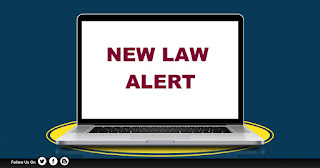On March 19, 2020, Governor Cuomo announced a 90-day Mortgage Relief Plan ("Plan") for New York State mortgage borrowers. New York State mortgage servicers are directed to provide 90-day mortgage relief to borrowers affected by the novel coronavirus (COVID-19). The Plan aims to provide the following relief:
- Waiving mortgage payments based on financial hardship;
- No negative reporting to credit bureaus;
- Grace period for loan modification;
- No late payment fees or online payment fees; and
- Postponing or suspending foreclosures.
While the Plan does bring immediate relief to homeowners affected by the coronavirus (COVID-19), the Plan does not simply waive mortgage payments due in the next 90 days. In his press conference, Governor Cuomo clarified, "We're not exempting people from the mortgage payments. We're just adjusting the mortgage to include those payments on the back end."
Currently, specific procedures on how to apply and/or how to qualify under the Plan is yet to be published, so stay tuned. Until then, borrowers should retain counsel to apply and negotiate with their mortgage lender or servicer for a forbearance plan to prevent incurring interest and fees for missed payments.
Mortgage relief plans are also in place for FHA, Fannie Mae, and Freddie Mac mortgages. Similar to New York State's Plan, however, borrowers should be aware that the mortgage payments are not automatically waived nor placed on hold and they should retain counsel to apply and negotiate with their mortgage servicer immediately.











